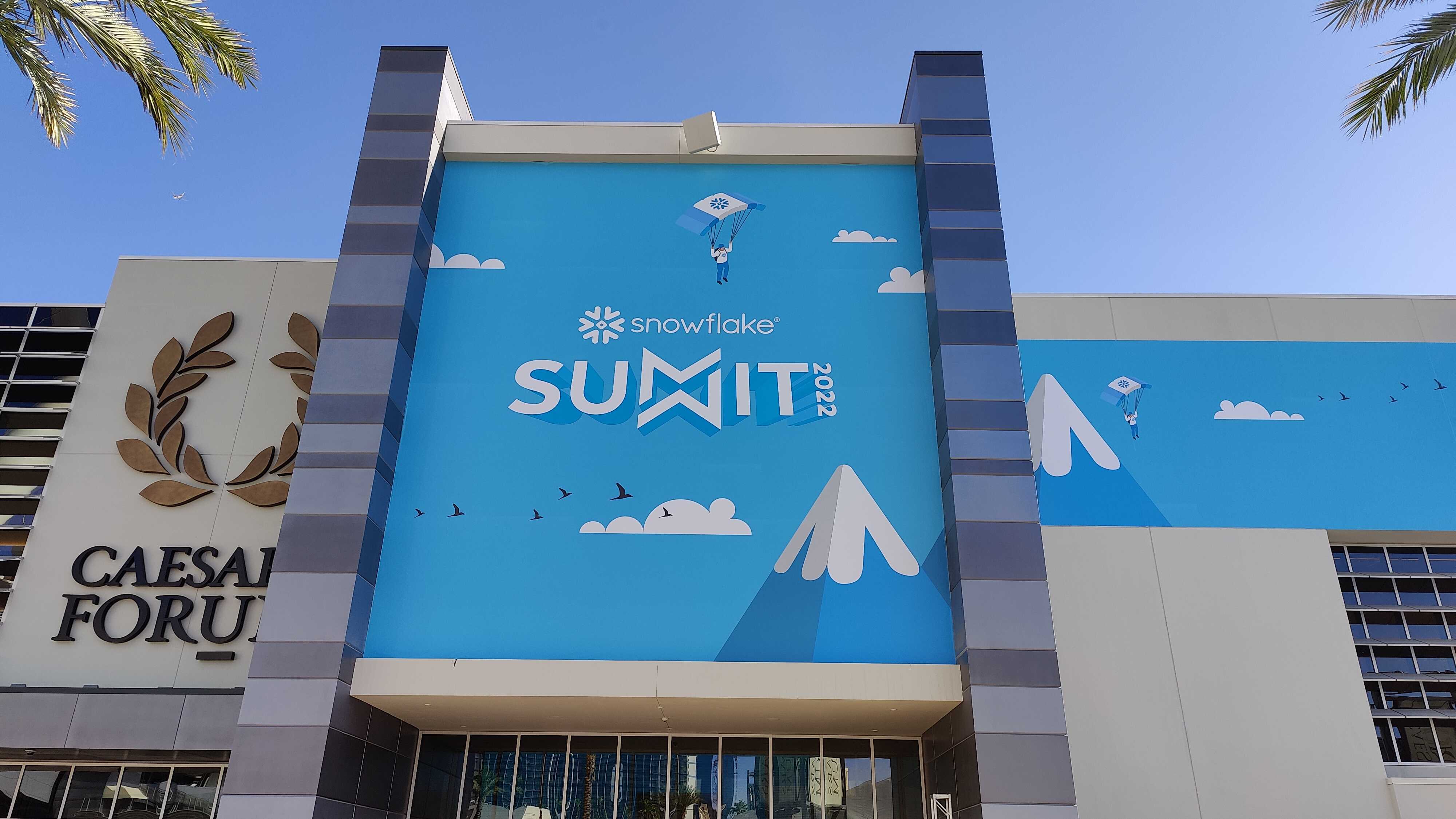Snowflake is trying to bring machine learning to the everyman
Snowflake wants to lower the barrier to entry for machine learning

Snowflake has set out plans to help democratize access to machine learning (ML) resources by eliminating complexities for non-expert customers.
At its annual user conference, Snowflake Summit, the database company has made a number of announcements designed to facilitate the uptake of machine learning. Chief among them, enhanced support for Python (the language in which many ML products are written) and a new app marketplace that allows partners to monetize their models.
"Our objective is to make it as easy as possible for customers to leverage advanced ML models without having to build from scratch, because that requires a huge amount of expertise," said Tal Shaked, who heads up ML at Snowflake.
"Through projects like Snowflake Marketplace, we want to give customers a way to run these kinds of models against their data, both at scale and in a secure way."
Access for all
Although machine learning is a decades-old concept, only within the last few years have advances in compute, storage, software and other technologies paved the way for widespread adoption.
And even still, the majority of innovation and expertise is pooled disproportionately among a small minority of companies, like Google and Meta.
The ambition at Snowflake is to open up access to the opportunities available at the cutting edge of machine learning through a partnership- and ecosystem-driven approach.
Are you a pro? Subscribe to our newsletter
Sign up to the TechRadar Pro newsletter to get all the top news, opinion, features and guidance your business needs to succeed!
Shaked, who worked across a range of machine learning projects at Google before joining Snowflake, explained that customers will gain access to the foundational resources, on top of which they can make small optimizations for their specific use cases.
For example, a sophisticated natural language processing (NLP) model developed by the likes of OpenAI could act as the general-purpose foundation for a fast food customer looking to develop an ML-powered ordering system, he suggested. In this scenario, the customer is involved in none of the training and tuning of the underlying model, but still reaps all the benefits of the technology.
“There’s so much innovation happening within the field of ML and we want to bring that into Snowflake in the form of integrations,” he told TechRadar Pro. “It’s about asking how we can integrate with these providers so our customers can do the fine-tuning without needing to hire a bunch of PhDs.”
This sentiment was echoed earlier in the day by Benoit Dageville, co-founder of Snowflake, who spoke about the importance of sharing expertise across the customer and partner ecosystem.
“Democratizing ML is an important aspect of what we are trying to do. We’re becoming an ML platform, but not just where you built it and use it for yourself; the revolution is in the sharing of expertise.”
“It’s no longer just the Google’s and Meta’s of this world using this technology, because we’re making it easy to share.”
Disclaimer: Our flights and accommodation for Snowflake Summit 2022 were funded by Snowflake, but the organization had no editorial control over the content of this article.

Joel Khalili is the News and Features Editor at TechRadar Pro, covering cybersecurity, data privacy, cloud, AI, blockchain, internet infrastructure, 5G, data storage and computing. He's responsible for curating our news content, as well as commissioning and producing features on the technologies that are transforming the way the world does business.